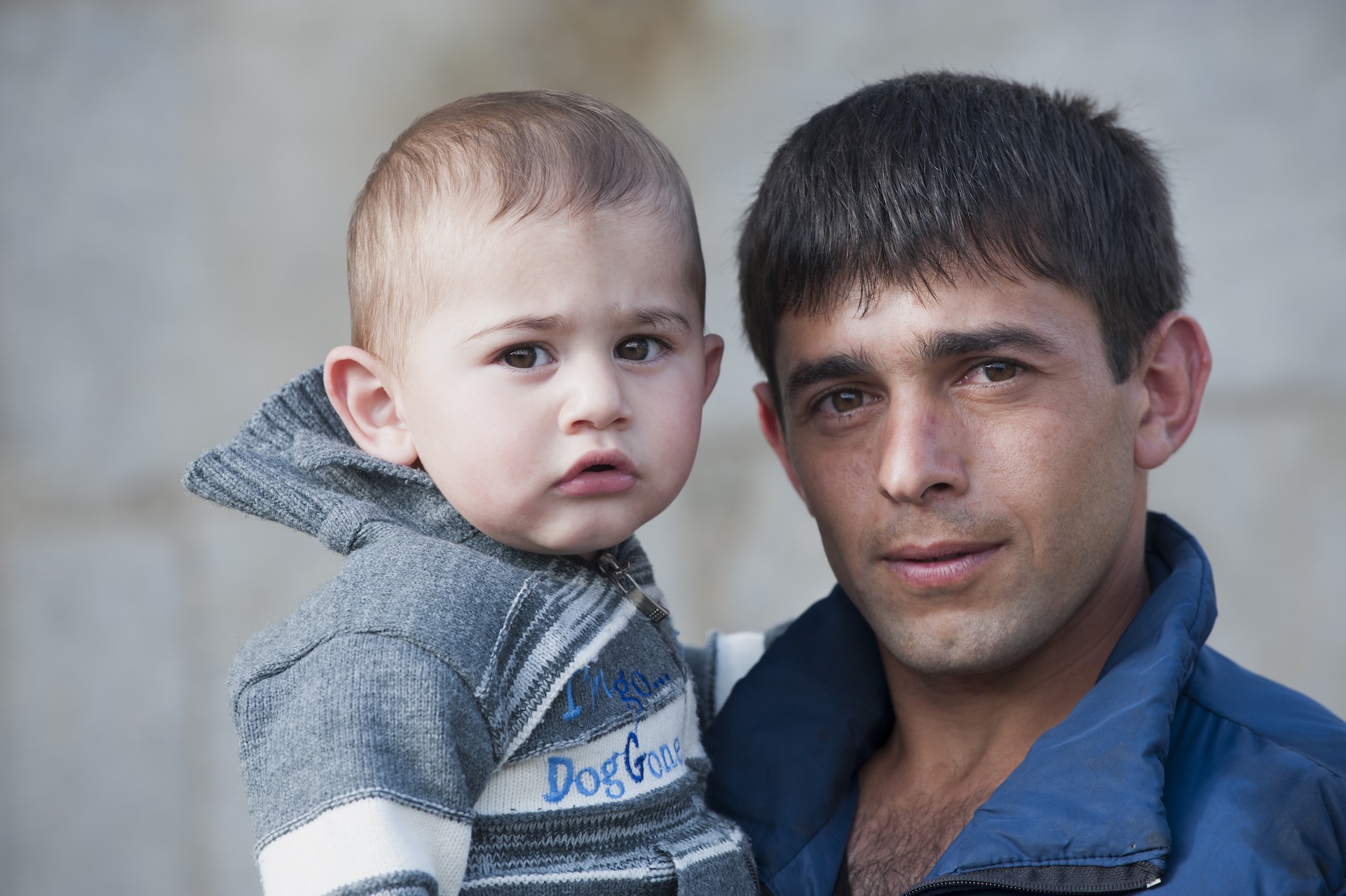
History, unfortunately, repeats itself, for this father and his son. As a child, the father was part of the Armenian community living in Baku, the capital of Azerbaijan.
In January 1990, in the wake of the dissolution of the Soviet Union, mass killings were carried out against the Armenian population living in Azerbaijan, including that in Baku. Many families, including his own, were forced to flee the country.
By 2017, when photographer Yvan Travert met him, the man had settled and built a family in the small town of Shushi. However, this simple happiness was not to last very long. Three years later, the Second Nagorno-Karabakh War broke out, and the city was captured by Azerbaijan. Provided that he was not killed in the conflict, he was uprooted once again. And his son suffered the same fate around the same age as his father did in early 1990s.
Their story exemplifies the long-standing tensions between Armenians and Azerbaijanis, which, throughout the 20th century, led to multiple episodes of interethnic massacres and forced population displacements. But in recent years, a genuine discourse of anti-Armenian hatred has been propagated from the highest levels of the Azerbaijani state. Several international bodies have expressed concern over this hostile rhetoric, which is widely echoed in the media and on social networks.
The president of Azerbaijan, Ilham Aliyev, frequently employs such language, referring to Armenians as “barbarians and vandals”, “sick” people infected by a “virus,” or, in 2020, celebrating the fact that his soldiers had driven them out of Nagorno-Karabakh “like dogs.” The aim of this rhetoric is to shape the mindset of the population from an early age, as the Council of Europe has pointed out, noting that school textbooks depict Armenians in a “stereotypical and demeaning” manner.
A stark symbol of this state-sanctioned Armenophobia is the case of Ramil Safarov. During a NATO training program in Budapest in 2004, this Azerbaijani army officer brutally murdered an Armenian soldier in his sleep—solely because of his nationality. Sentenced to life imprisonment by the Hungarian judiciary, he was later extradited, welcomed as a hero, pardoned by Ilham Aliyev, and even rewarded.
More recently, this openly expressed hatred has been used to justify territorial claims over Armenia itself, which the president refers to as “West Azerbaijan.” This poses a new threat to hopes for peace in the region—and to the possibility of a secure future for this father and his son.